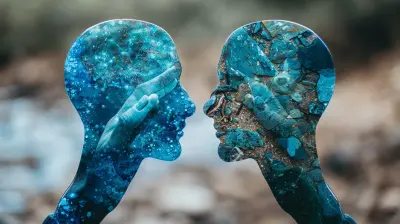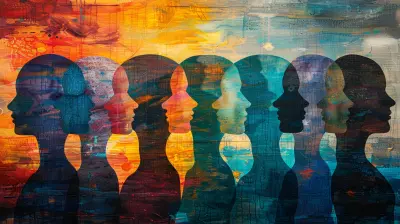The Impact of Social Media on Modern Happiness Levels
2 November 2025
Let’s be real—our phones are practically glued to our hands. Whether we’re scrolling through Instagram, checking out what our friends are eating on Snapchat, or diving into TikTok’s endless rabbit hole, social media has become deeply woven into the fabric of daily life. But here’s the big question: is it actually making us happier… or slowly chipping away at our well-being?
It’s not as black and white as “social media is bad” or “social media is good.” Like most things in life, it’s complicated. So, let’s peel back the layers and take a deeper look at how the digital world of likes, shares, and filters is truly affecting our happiness levels.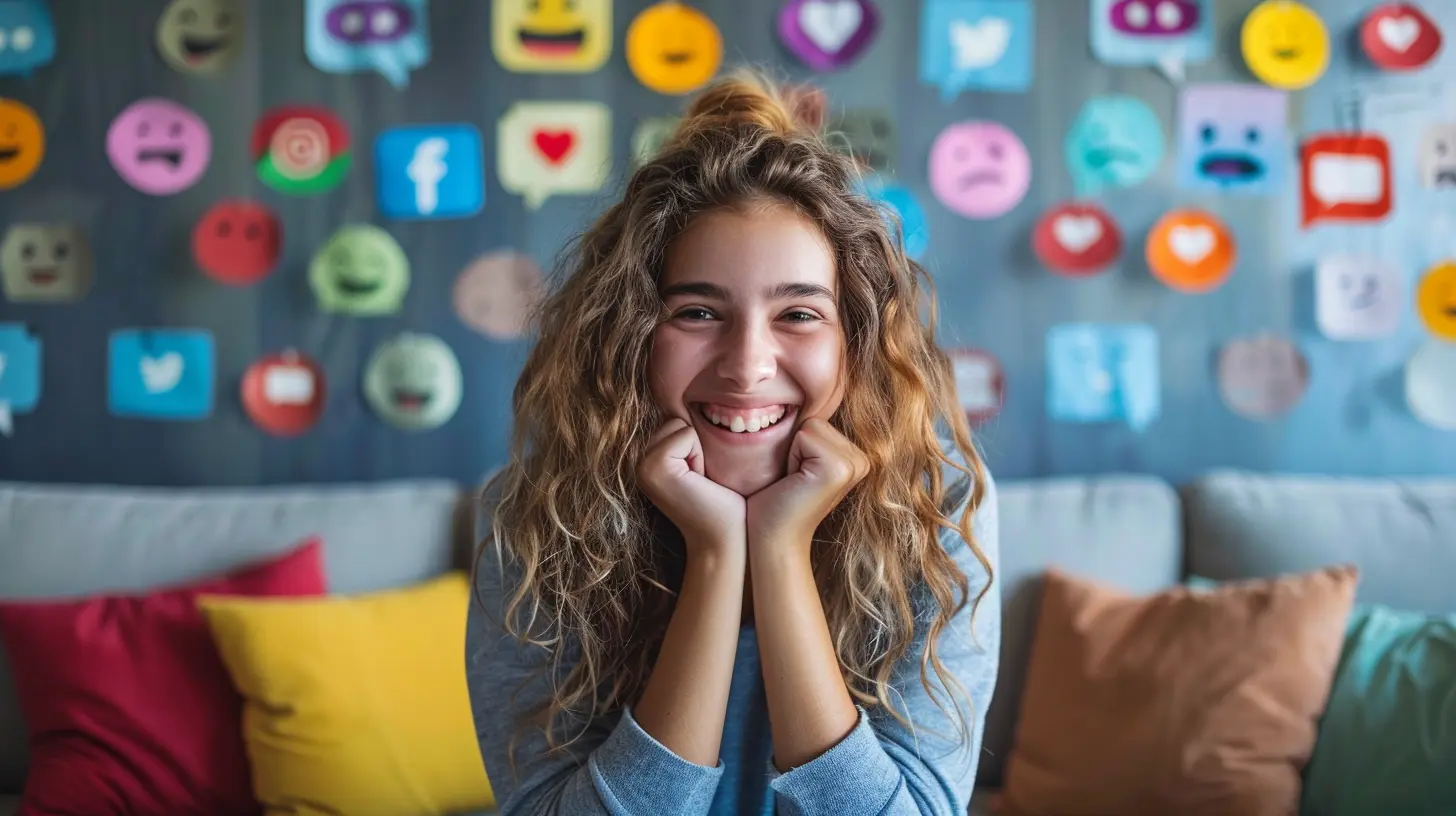
The Social Media Paradox: More Connected, Yet Lonelier?
It’s a wild paradox, isn't it? We’ve never been more connected in human history, but somehow, loneliness seems to be rising. In a world where you can video chat with someone across the planet in seconds, why are so many people feeling isolated?Well, the problem lies not in the connection itself, but in the quality of that connection.
Social media thrives on surface-level interactions—likes, emojis, quick comments. These aren’t the deep, face-to-face conversations that build meaningful relationships. We’re often mistaking digital engagement for real social bonding, and that’s like confusing fast food with a nutritious meal. It fills you up in the moment but leaves you starving in the long run.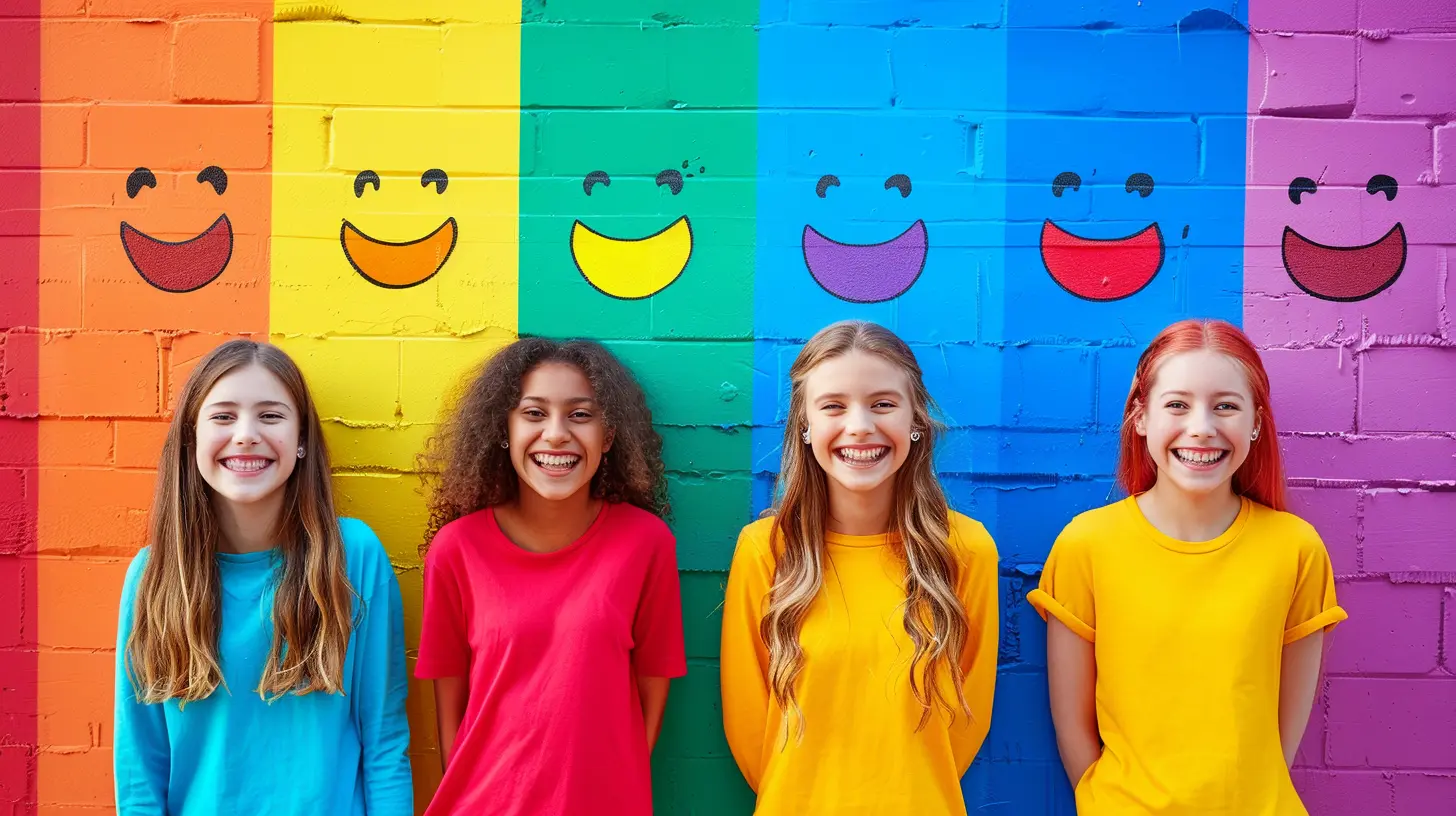
The Comparison Trap: Living in the Highlight Reels
You’ve done it, I’ve done it—we all do it. Scrolling through someone’s feed, we can’t help but compare our messy, ordinary lives to their perfectly curated highlight reel. They’re on a beach in Bali, you’re stuck in traffic. They’ve got glowing skin and a six-pack, you’re eating chips in your pajamas. Sound familiar?This constant comparison can be brutal on our self-esteem. Social media platforms, especially image-heavy ones like Instagram and TikTok, often spotlight the “best of the best.” And let’s not forget the filters and editing tools that make everything look 100% more magical than it actually is.
The result? A distorted sense of reality. We end up measuring our self-worth against an illusion. And that’s a surefire way to feel like you’re falling short… even when you’re not.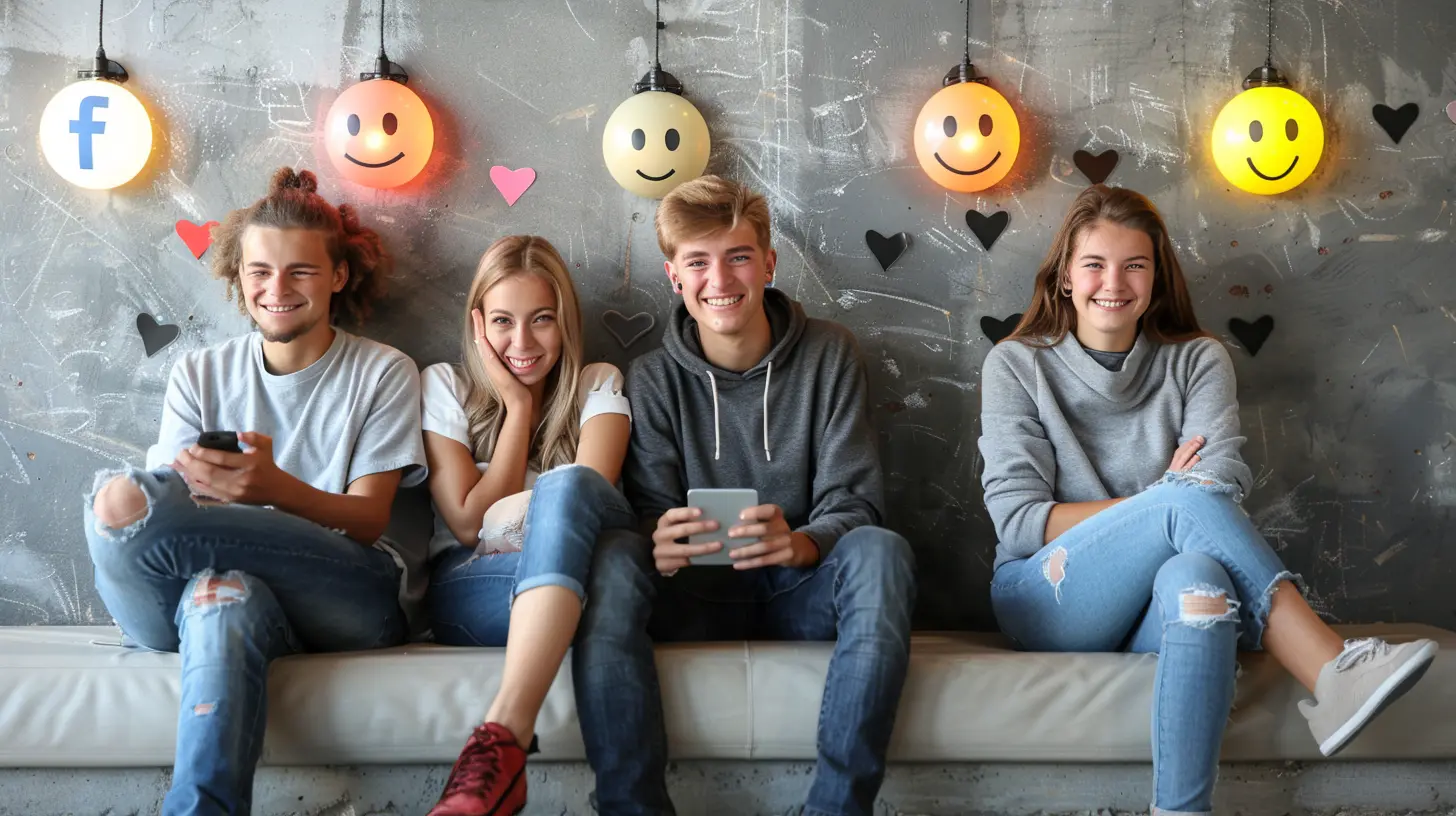
Dopamine and the Digital Slot Machine
Ever wonder why scrolling feels so addictive? That little rush of pleasure when someone likes your post or comments on your story isn't accidental—it’s chemical. Literally.Social media runs on dopamine—the brain’s feel-good neurotransmitter. When you get a like or a comment, your brain gets a tiny hit of dopamine. It’s the same reward mechanism that slot machines use. Pull the lever, see what you get—maybe a like! Maybe a retweet!
The problem is, that reward isn’t consistent. Sometimes you get attention, sometimes you don’t. This unpredictability keeps you coming back for more, often leading to compulsive checking and endless scrolling.
Over time, this messes with your brain’s reward system. Suddenly, normal, everyday joys don’t feel as satisfying unless they come with a heart emoji attached.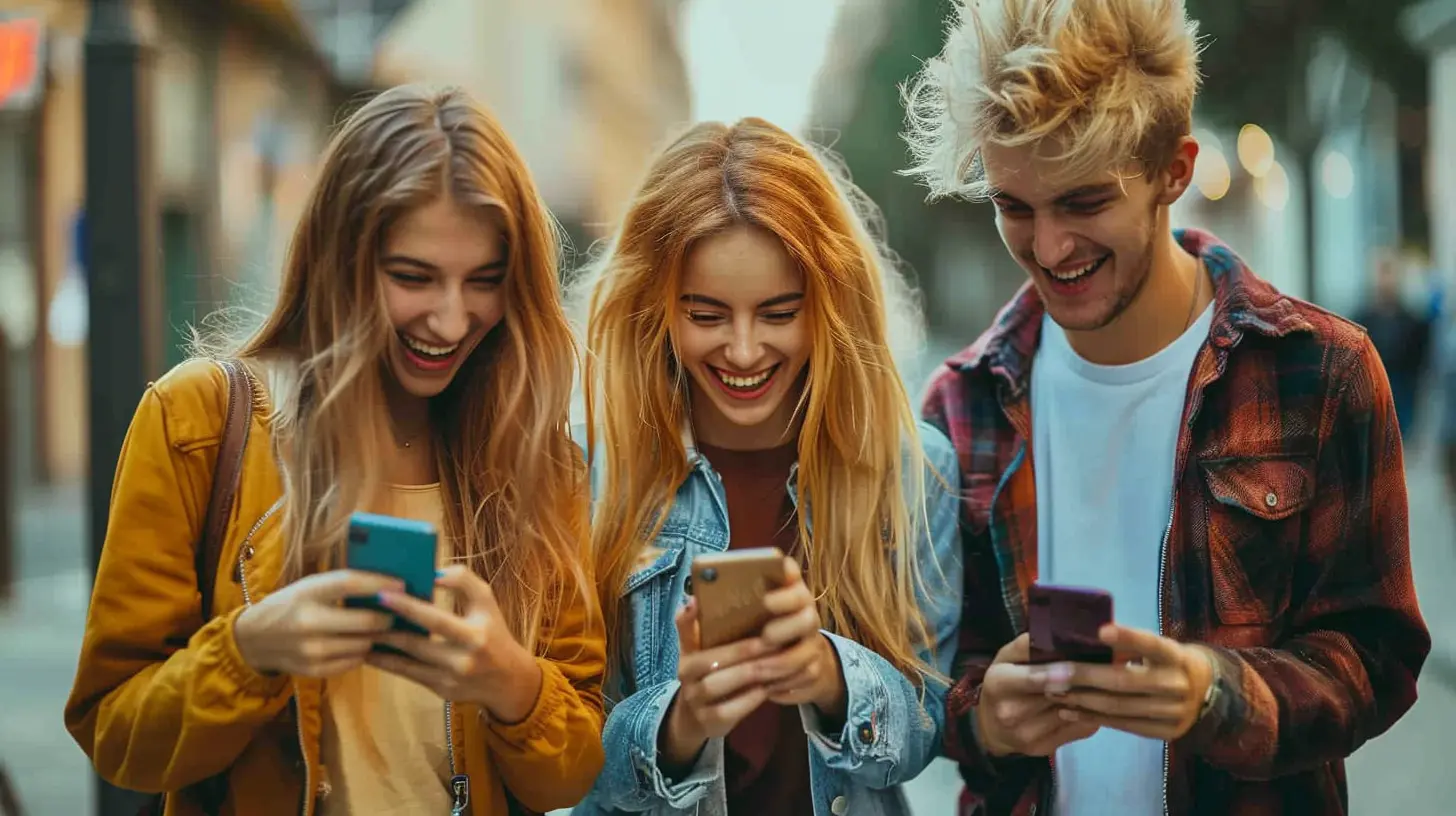
Fear of Missing Out (FOMO): The Anxiety Behind the Scroll
Let’s talk about FOMO—the Fear of Missing Out. It’s that little twinge of anxiety you feel when you see your friends hanging out without you. Or when you’re stuck working late and someone’s posting from a music festival. Ouch.FOMO is emotionally exhausting. It keeps us glued to our screens out of fear that we’ll miss something important, fun, or life-changing. Instead of enjoying what we’re doing in the present moment, we’re constantly wondering what we’re not doing.
This constant mental tug-of-war can cause real stress and anxiety. And when these feelings pile up over time, they start to chip away at our overall happiness.
Social Validation: Are We Worth What Others Think?
Here’s a hard pill to swallow: many of us tie our value to likes, comments, and followers. Whether we admit it or not, there’s a part of our brain tallying our self-worth by social validation.This is especially true for younger generations who have grown up with social media as part of their identity. Their self-image is shaped not just by real-life feedback, but also by the feedback they get online.
The problem? Online validation is fickle. Algorithms change. Trends fade. People scroll past. When your happiness depends on such shaky ground, it’s impossible to feel truly secure.
Does Social Media Ever Boost Happiness?
Now, let’s pump the brakes before we throw all our devices in the trash.Social media isn’t inherently evil. In fact, it can boost happiness—when used intentionally.
Think about it. Reconnecting with an old friend you haven’t seen since third grade? That’s meaningful. Finding a community that shares your values, interests, or struggles? That’s empowering. Scrolling through memes that make you laugh uncontrollably after a bad day? Pure gold.
The trick is in how (and why) you’re using social media.
If you're using it to connect, share, and uplift—great. If you're using it to compare, validate, escape, or numb—well, that’s where the trouble begins.
The Highlight Reel vs. The Blooper Reel
Let’s face it, everyone’s life is messy. But you wouldn't know that from looking at your feed. Most people only post their wins, not their struggles. It’s like watching a movie that only shows the hero’s victories but none of the challenges.But here’s the kicker—real happiness comes from embracing the full picture, bloopers and all. The more we can normalize imperfection online, the less pressure we’ll feel to live up to unrealistic standards.
Want actual joy? Start sharing the blooper reel.
Digital Detox: More Than Just a Buzzword
Ever taken a break from social media? If yes, you probably noticed something strange—your brain started to breathe again.Digital detoxes are like hitting reset on your mental and emotional well-being. They reduce the noise, the comparisons, and the constant bombardment of information. People who step away often report feeling calmer, more focused, and ironically, more connected to the real world.
It doesn’t have to be permanent, either. A weekend off or even daily “no screen” hours can work wonders for your mental health.
How to Use Social Media Without Losing Yourself
So what can we do? Let’s be honest; ditching social media entirely isn’t realistic for most of us. The goal isn’t to eliminate, but to balance.Here are a few quick tips to protect your happiness while staying online:
- Be intentional with your time. Ask yourself: Why am I opening this app right now?
- Curate your feed. Unfollow accounts that drain you. Follow ones that inspire, educate, or uplift.
- Limit your screen time. Set time boundaries. Use app timers if you need help.
- Engage, don’t just consume. Comment. Message someone. Make it social again.
- Take breaks. Your mental health will thank you.
- Post authentically. Forget perfection. Share your true self—it’s way more relatable.
Final Thoughts: Finding Joy Beyond the Screen
At the end of the day, social media is just a tool. Like any tool, it can help or harm depending on how we use it.Modern happiness isn’t about chasing likes or followers—it’s about living fully, being present, and forming real connections. Social media can be a part of that picture, but it shouldn't be the entire canvas.
So the next time you find yourself falling down a scroll-hole, take a step back. Ask yourself: Is this adding to my life—or taking away from it?
Sometimes, true happiness isn’t found in the next post. It’s found in the pause between scrolls.
all images in this post were generated using AI tools
Category:
Psychology Of HappinessAuthor:

Alexandra Butler
Discussion
rate this article
1 comments
Thalia McElhinney
Social media can enhance connection but often leads to comparison, impacting true happiness negatively.
November 3, 2025 at 5:51 AM

Alexandra Butler
Thank you for your insight! It's true that while social media can foster connections, the tendency for comparison can detract from genuine happiness. Balancing online interactions with real-life experiences is essential for well-being.

